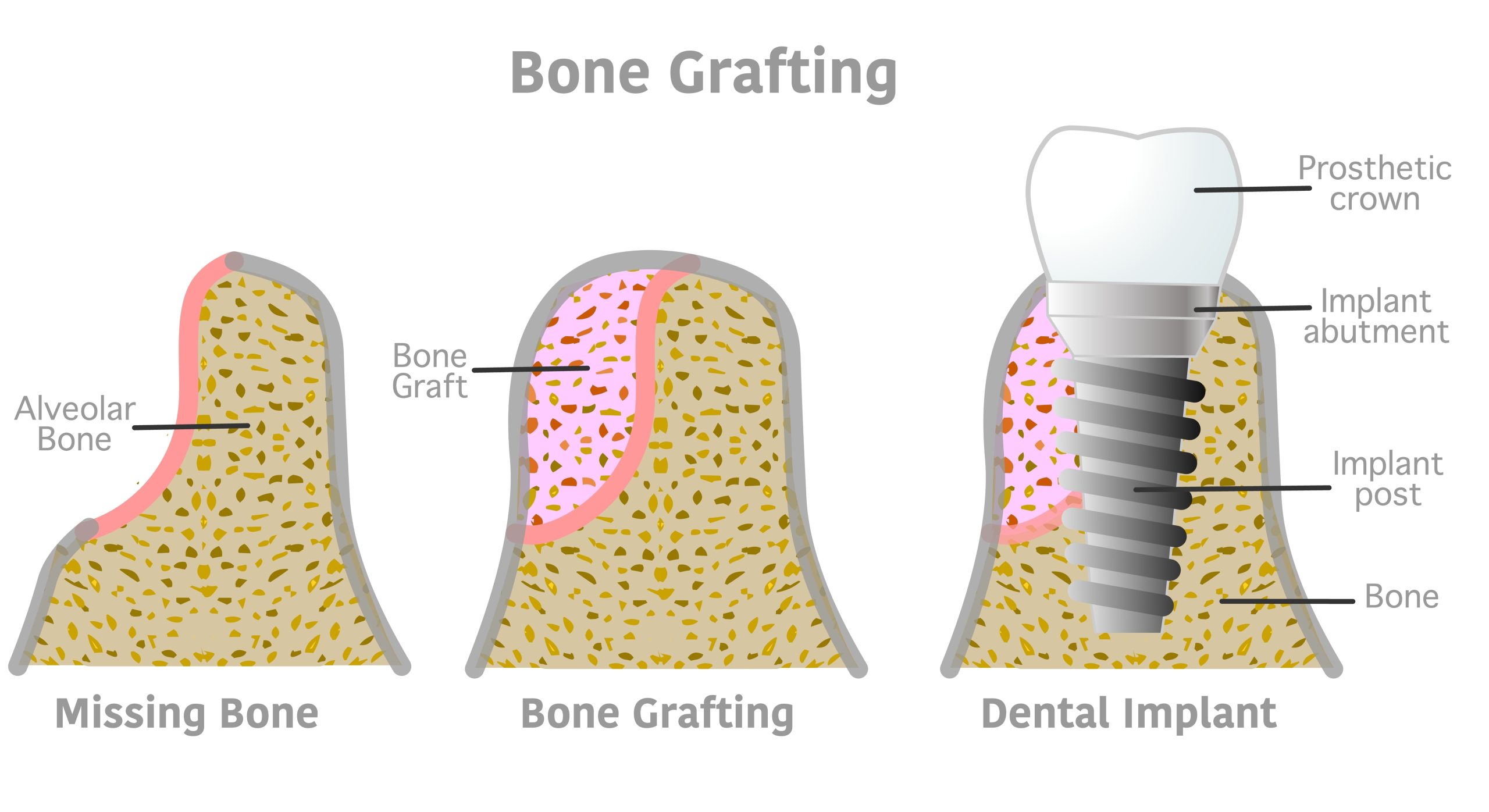Strengthening Your Dental Implant Journey with Supplemental Procedures!
Dental implantsprovide a permanent and natural solution for missing teeth. They restore your ability to chew, speak clearly, and smile confidently. At Smile Creator, our experienced dentist in Bingham Farms, MI, Dr. Timothy Kosinski ensures every patient receives personalized care. Before placing a dental implant, some patients may require additional procedures to create a strong foundation.
These procedures are essential for implant success and long-term stability. Patients from Bingham Farms and surrounding communities such as Royal Oak, Southfield, Bloomfield Hills, and Franklin trust Dr. Kosinski for comprehensive dental implant care. If you’re in need of a supplemental procedure, contact our Bingham Farms dental office by calling (248) 646-8651.

Bingham Farm’s Go-To Dentist for Dental Implants
Dr. Timothy Kosinski is a highly trained and experienced dentist in Bingham Farms, MI. He has completed advanced training in dental implantology and routinely places implants with precision and care. Dr. Kosinski is committed to using the latest techniques and technology to provide safe, predictable, and natural-looking results. Patients from Bingham Farms and nearby areas rely on him for both straightforward and complex implant cases.
Why Supplemental Procedures Are Important
Dental implants rely on healthy bone and gum tissue for support. Without adequate bone or gum structure, implants may fail or lead to complications. Supplemental procedures help:
- Provide a stable foundation for implants
- Enhance the appearance of your smile
- Promote long-term oral health
- Prevent implant failure
These procedures are customized to each patient’s needs based on detailed evaluations and imaging performed by Dr. Kosinski.
Supplemental Procedures Offered at Our Bingham Farms Office
 Bone Grafting
Bone Grafting
Bone graftingis used when a patient does not have sufficient jawbone to support a dental implant. During this procedure, bone material is added to the jaw, either from the patient or from a safe donor source. Over time, the bone integrates with your natural jawbone, creating a solid foundation for the implant. This procedure can prevent implant failure and improve the overall stability of your dental restoration.
Sinus Lift
For patients missing upper teeth, the sinus cavity may extend too close to the jawbone, limiting implant placement. A sinus liftgently raises the sinus floor and adds bone to provide enough space for the implant. This procedure is performed carefully to avoid complications and ensure long-term success.
Gum Tissue Grafting
Healthy gums are necessary for dental implant success. Gum tissue graftinginvolves taking tissue from another area of the mouth or using donor tissue to repair receding gums. This improves the appearance of your smile and provides protective coverage for your implants.
To determine which supplemental procedure you need, contact our Bingham Farms implant dentist by calling (248) 646-8651.
Frequently Asked Questions
When is a supplemental procedure necessary?
In order for an implant to be placed and integrated into the jaw successfully, patients need to have proper jawbone density and healthy gums. Issues such as underlying periodontal disease or a deteriorated jaw can hinder the implant process so Dr. Kosinski will ensure those problems are addressed before attempting a dental implant procedure.
How long does it take to recover from a supplemental procedure?
Healing time depends on the individual patient but can range from two weeks to two months. Before a dental implant can be placed, we’ll need to wait for your jawbone or gums to fully heal from your supplemental procedure.
Can I still get dental implants without a supplemental procedure?
If you have insufficient bone density or recessed gums, it’s unlikely that you’ll be able to receive dental implants without a supplemental procedure. Dr. Kosinski requires that patients undergo a supplemental procedure, like a tissue or bone graft, to address gum recession and increase the amount of bone in their jaw for successful implant placement. Without it, you face a significantly higher risk of implant failure, infection, tooth loss, and further loss of gum tissue and jawbone density.
Are supplemental procedures painful?
Dr. Kosinski will use an anesthetic to ensure a pain-free experience during your procedure. We also offer sedation options for added comfort. Following your procedure, it is normal to feel discomfort as the graft heals. This can be remedied with over-the-counter pain medication and applying a cold compress. If the discomfort develops into severe pain, it may be a sign of a complication in which case, contact our Bingham Farms office by immediately dialing 248-646-8651 or filling out the contact form below to make an appointment.
Secure Your Smile with Quality Care at Smile Creator of Bingham Farms!
Supplemental procedures play a critical role in the success and longevity of dental implants. Trust Dr. Timothy Kosinski at Smile Creator in Bingham Farms, MI, for expert guidance and comprehensive care. Whether you are coming from Bingham Farms or surrounding areas like Royal Oak, Southfield, Bloomfield Hills, or Franklin, our team is ready to help you achieve a strong, healthy, and confident smile.
Schedule your consultation today with Dr. Timothy Kosinski, your trusted implant dentist in Bingham Farms, MIby calling (248) 646-8651. Discover how supplemental procedures can enhance your dental implant results and give you a lasting smile.
